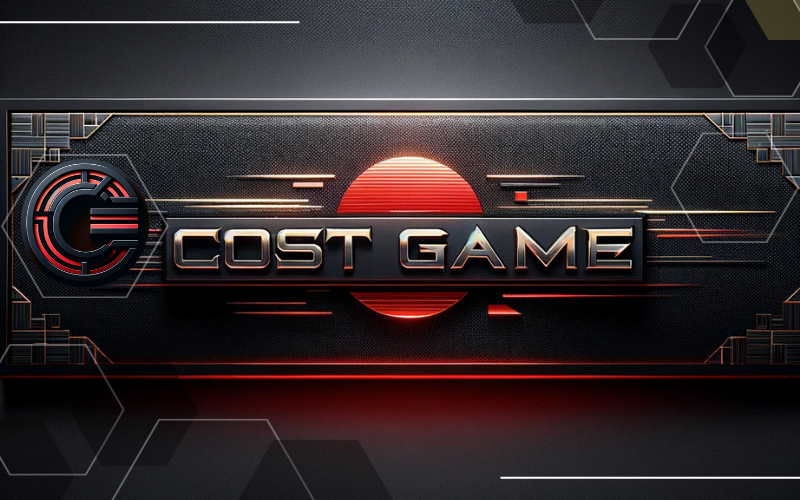
What are Futures Contracts?
Key Takeaways
- Definition: Futures contracts are agreements to buy or sell assets at a future date.
- Obligation: Both parties must complete the contract.
- Assets: Commodities, securities, and financial instruments can be traded.
- Purpose: Used for hedging and speculation.
- Exchanges: Major exchanges facilitate futures trading.
- Contract Terms: Contracts include detailed specifics about asset size and delivery.
Introduction to Futures Contracts
Futures contracts play a significant role in the financial world. They are standardized agreements that allow buyers and sellers to trade assets at a predetermined price on a specific future date. This article will delve into what futures contracts are, their characteristics, their types, and their importance in the market. Let's simplify this complex topic!
What Are Futures Contracts?
Futures contracts are agreements between two parties to buy or sell an asset at a predetermined price in the future. For example, if you enter a contract to buy a barrel of oil for $50 in three months, you are locking in that price today. Whether the price increases or decreases by the time the contract expires, you will still pay $50. This concept allows both traders and businesses to protect themselves against price fluctuations.
Key Characteristics of Futures Contracts
- Obligation: Each party in a futures contract is obligated to meet the terms of the agreement on the delivery date.
- Standardization: Contracts vary by size, asset type, and expiration but are standardized for trading on exchanges.
- Margin Requirements: To trade futures, you must deposit a margin, which is a small portion of the total contract value. If the trade goes against you, more funds may be required.
Types of Assets Traded in Futures Contracts
Futures can be traded on a variety of assets. Here are the main categories:
- Commodities: These include items like crude oil, natural gas, grains, cotton, livestock, and metals such as gold and silver.
- Securities: Options to buy or sell stocks and indices, including the popular S&P 500 are also traded through futures contracts.
- Financial Instruments: This encompasses currencies and bonds. Investors can speculate on exchange rates of different currencies.
Usage of Futures Contracts
Futures contracts serve multiple purposes, each important in its own right.
Hedging: Businesses often use futures to protect against price changes. For instance, a farmer may sell futures contracts for their corn to lock in a price before harvest.
Speculation: Many investors buy and sell futures to profit from expected price movements. If an investor believes the price of oil will rise, they might buy a futures contract at today’s lower price.
Trading: Futures contracts allow traders to leverage their positions, providing a chance for high returns in a short period.
Market Impact of Futures Contracts
The futures market can significantly impact the overall economy and various markets.
Market Liquidity: When investors trade futures contracts, they add liquidity to the market. This means there are enough buyers and sellers to ensure that transactions can occur smoothly.
Price Discovery: Futures trading helps determine the future price of commodities and securities, providing essential information to markets.
Major Futures Exchanges
Futures contracts are traded on several major global exchanges. Some of these include:
- CME Group (Chicago Mercantile Exchange): The largest futures exchange in the world.
- Euronext: A European exchange that deals with various asset classes.
- Tokyo Commodity Exchange: Primarily focused on commodities within Asia.
Understanding Contract Terms
Each futures contract comes with specific terms. Here are some common elements included:
- Contract Size: This refers to the amount of the asset being traded.
- Settlement Method: This can be physical delivery of the asset or cash settlement.
- Quality Specifications: For commodities, this specifies the grade or quality of the asset.
Having a thorough understanding of these terms ensures better trading decisions.
Personal Anecdote: My Experience with Futures
In my early trading days, I dabbled in futures contracts without fully understanding the margin requirements. At one point, the market moved against me, and I quickly learned about the importance of having sufficient funds to cover margin calls. This experience taught me the significance of thorough research and risk management, a lesson I'd pass on to anyone looking to engage with futures contracts.
Conclusion: Why Understanding Futures Contracts is Important
Understanding futures contracts can open up various opportunities for traders and businesses alike. They provide a means to manage risk and speculate on movements in asset prices, promoting healthier and more liquid markets. However, as with any investment, knowledge is crucial.
FAQs About Futures Contracts
What is the difference between futures and options?
Futures contracts obligate both parties to trade the asset, whereas options give one party the right, but not the obligation, to buy or sell.
Who uses futures contracts?
Both individual traders and businesses use futures contracts. Farmers hedge against crop prices, while investors may speculate for profit.
Can you lose more than your initial investment in futures?
Yes, due to the nature of margin trading in futures, it is possible to lose more than the initial investment.
Disclaimer: This article is for informational purposes only and does not constitute financial advice. Always conduct your own research before engaging in trading activities.


